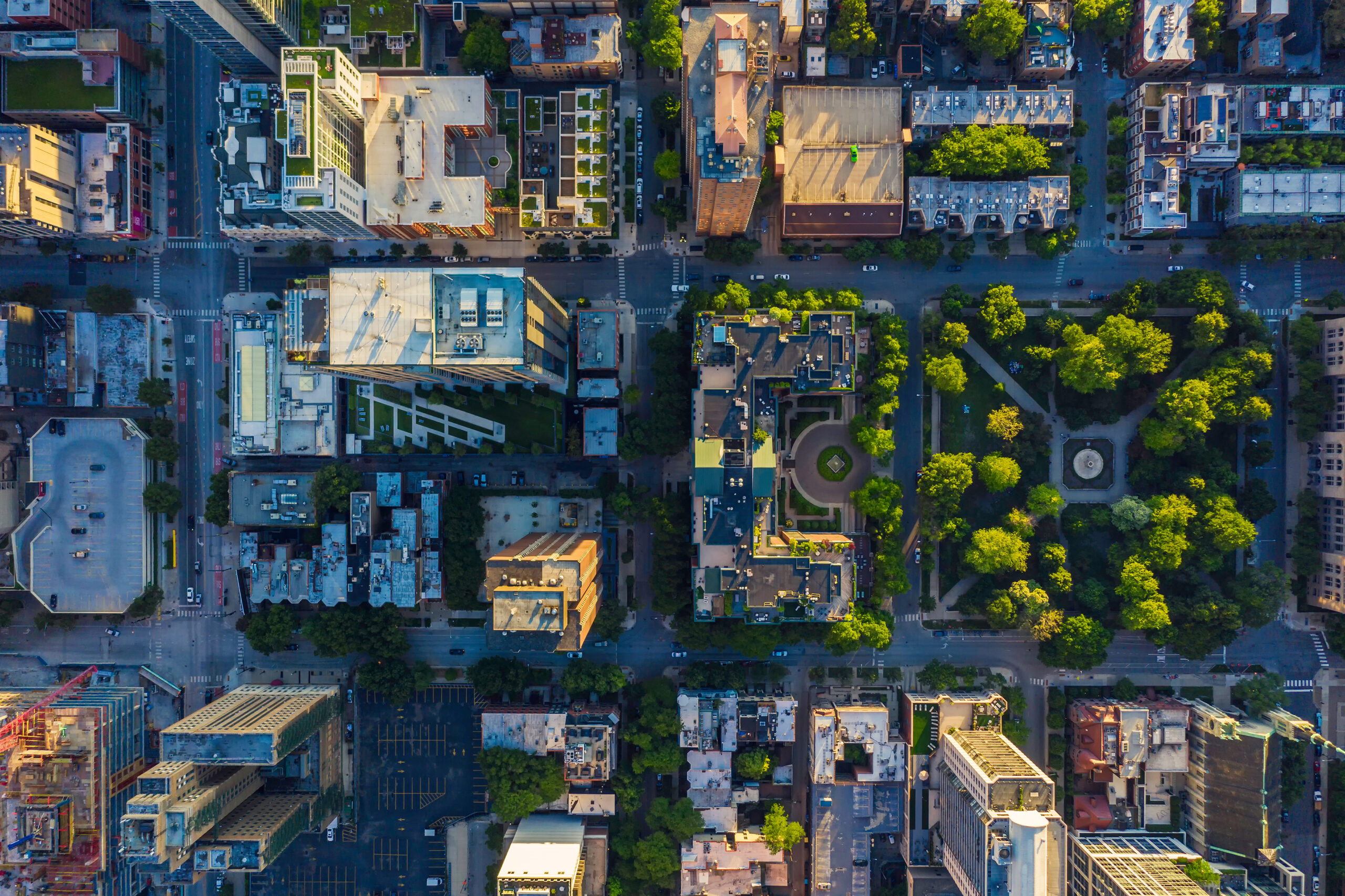Cohort 2025 Research Placement Project

About The Project
In 2019, Nottingham City Council declared a climate and ecological emergency, which set an ambition to be the first carbon neutral city in the UK by 2028. This goal is known as Carbon Neutral Nottingham 2028 (CN28). To achieve this, the city has developed a holistic plan that covers a complex intersection of themes, from building efficiency to energy consumption, to offsetting via the preservation and extension of urban nature. For example, the historical site of Nottingham Broadmarsh shopping centre is being turned into a green area. However, without clear plans for the future, resources such as these can quickly become costs: lack of routine care and maintenance can quickly lead to a decrease in quality, which will then negatively affect usage and enjoyment of said green areas.
This is a particularly pressing issue given that Nottingham Council declared itself bankrupt in November 2023, suggesting that there is little financial scope for looking after newly developed common areas. The lack of plans regarding the maintenance and use of urban nature in Nottingham offers therefore a great opportunity to generate community ownership, thereby ensuring long term sustainability, both infrastructural and social. The aim of this proposed PhD is therefore to contribute to bridging the gap between the needs of the community in Nottingham (access to green spaces) and the different layers of sustainability connected to urban nature (resilient communities, pathways to wellbeing, CN28).
By mapping Nottingham’s green spaces and identifying stakeholders, the project will provide a tangible framework for future participatory initiatives focused on urban green space development. The project’s emphasis on co-design and its participatory workshop workshop will cultivate long-term relationships with diverse stakeholders, including local policymakers, schools, businesses, and community groups. These relationships can support collaborations for future research projects aimed at co-creating sustainable solutions for urban planning, climate resilience, and community well-being. Additionally, the comprehensive mapping of green spaces and stakeholder identification will provide a baseline dataset that other researchers can use to build upon, ensuring the project’s outcomes have lasting utility.
Project Aims
The main objectives are:
- To map Nottingham’s green spaces or potential for green spaces
- to identify stakeholders who would benefit from these areas
- to generate initial ideas around how different stakeholders could benefit from urban green spaces
We expect that local schools will be an important stakeholder in this project, especially those with limited access to green areas due to their inner city setting. However, the candidate will explore the inclusion of different stakeholders, to contribute to generating a sense of community around green urban areas such as the Green Heart and Sussex street
Project Team
- Research Candidate: Lucy Kennedy
- Lead Supervisor: Dr Francesca Salvi, University of Nottingham
- Co-Supervisor: Dr Ana Souto Galvan, Nottingham Trent University
- Community Supervisor: Jack Harris, Grownotts CIC
